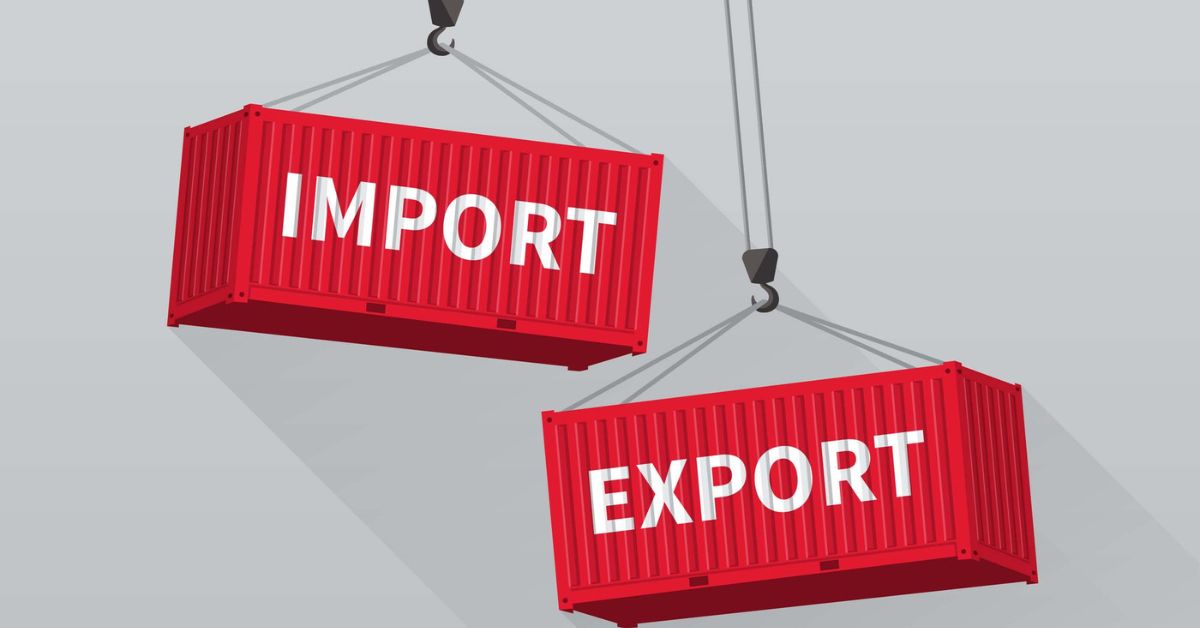In today’s highly competitive business landscape, characterized by rapidly-evolving customer expectations and global supply chain complexities, a streamlined and agile supply chain becomes imperative. In a supply chain that has the requisite infrastructural support, a pallet forms the backbone of an efficient operation. An efficient logistics-backed supply chain ensures a greater percentage of palletisation in the industry to meet the unending appetite of the automotive sector.
For EXZOD India, a leading player in pallets manufacturing, sale, and Annual Maintenance Contract (AMC) services, the usage of palletisation means a lower incidence of dents or damage. In addition, palletisation would result in a higher percentage of ready-to-assemble components that would, in turn, result in a faster market release of passenger cars. Palletisation plays a very important role in mass production-based plants for the easy movement of parts from one location to another.
According to Nitin Kalla, founder & MD, EXZOD India, “We have vast experience in managing complex supply chains across various end-markets, and are well-poised to handle the requirements of the automotive industry. We focus on providing integrated solutions backed by technology, ensuring operational excellence through continuous improvement initiatives. Sustainability is a key aspect of our approach, as we strive to contribute to a greener and more responsible future.”
The significance of an efficient logistics backed supply chain cannot be overstated. By fostering robust coordination among different stakeholders such as automobile manufacturers, suppliers and dealers, pallets enable the industry to enhance operational efficiency and responsiveness to dynamic market demands. An optimized supply chain empowers the Indian automotive industry to reduce lead times, improve inventory management and adapt swiftly to changing market dynamics. It facilitates cost-effective transportation, storage and distribution of vehicles and spare parts for servicing, allowing businesses to remain competitive in terms of pricing. Additionally, an efficient logistics framework supports sustainable practices, promoting eco-friendly initiatives and reducing the industry’s environmental impact.
The Indian economy will grow on the strength of domestic demand and investment despite a rise in global uncertainties and moderation in global output, according to the Economic Review released by the finance ministry’s department of economic affairs (DEA). Post-pandemic, the automobile industry picked up pace driven by the growing demand and supported by various incentives such as Production Linked Incentives (PLI) scheme, FAME II and EV-specific state policies.







